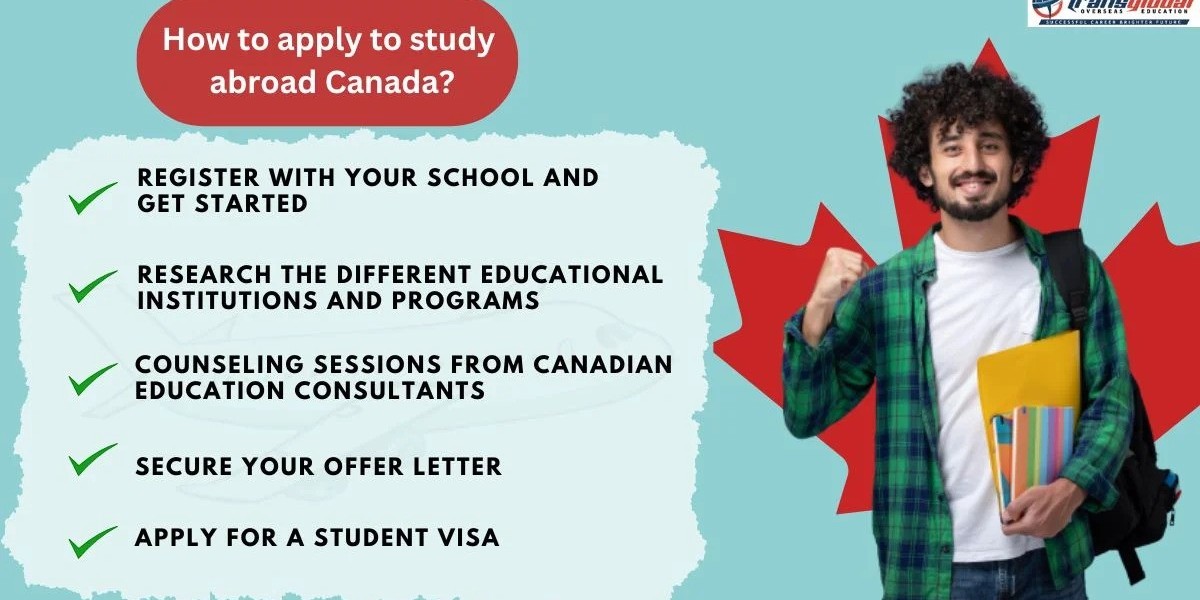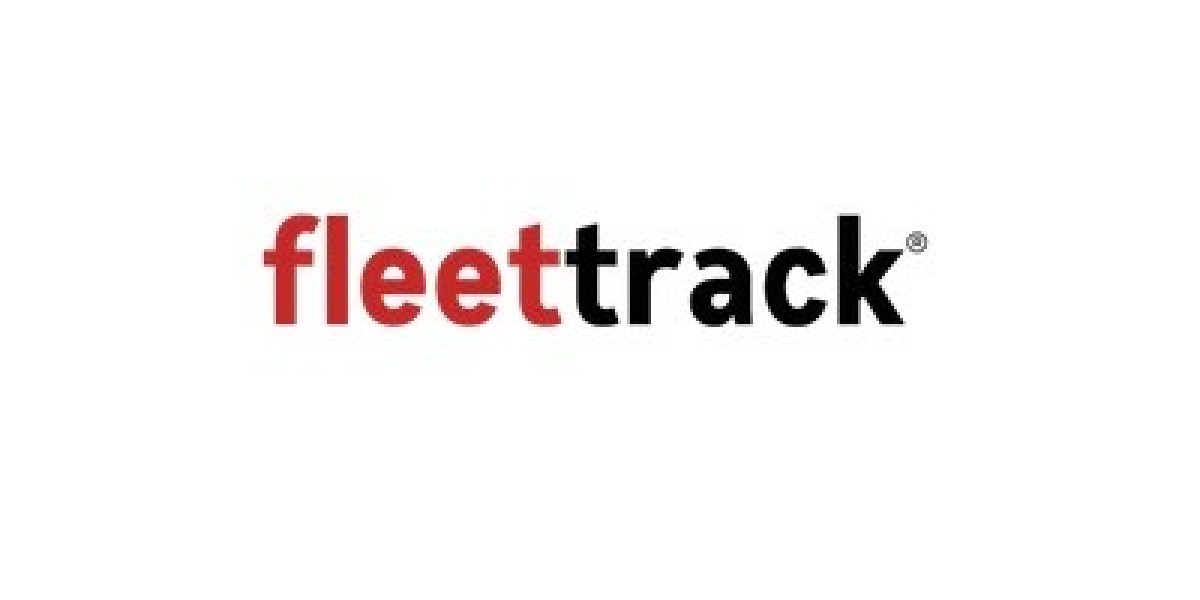Canada continues to be a top destination for Indian students seeking a world-class education and a promising future. With its diverse campuses, vibrant multicultural environment, and strong post-graduation work prospects, Canada offers a compelling alternative to traditional study abroad destinations.
This article serves as a comprehensive guide for Indian students interested in pursuing a Bachelor's degree in Canada for the 2024-25 intake. We'll delve into popular programs, admission requirements, application timelines, costs, scholarships, and resources to help you navigate the process.
Popular Bachelor's Programs for Indian Students:
Canadian universities offer a vast array of undergraduate programs across various disciplines. Here are some of the most sought-after options for Indian students:
STEM (Science, Technology, Engineering, and Mathematics): These programs consistently rank high in employability and equip students with in-demand skills. Popular choices include Computer Science, Mechanical Engineering, Electrical Engineering, Data Science, and Mathematics.
Business: Canada boasts renowned business schools offering programs like Business Administration, Finance, Marketing, and International Business. These programs provide a strong foundation for careers in various sectors.
Social Sciences: Programs like Economics, Psychology, Sociology, and Political Science equip students with critical thinking, research, and communication skills, leading to diverse career paths.
Health Sciences: For students passionate about healthcare, Canada offers programs like Nursing, Kinesiology, Public Health, and Pharmacy.
Admission Requirements:
The specific admission requirements vary depending on the university and program. However, some general prerequisites include:
Academic Transcripts: You'll need to submit transcripts from your secondary education (Class 10 and 12) demonstrating strong academic performance.
Standardized Test Scores: Most universities require scores from English language proficiency tests like IELTS or TOEFL.
Statement of Purpose (SOP): This essay allows you to showcase your academic goals, relevant experiences, and motivations for pursuing the program.
Letters of Recommendation: Strong letters from teachers or professors can strengthen your application.
Application Timeline:
The application deadlines for Fall 2024 intake typically fall between November 2023 and March 2024. However, it's crucial to check individual university deadlines well in advance. Here's a suggested timeline for Indian students:
June-August 2023: Research universities and programs, shortlist your choices, and start preparing for standardized tests.
September-November 2023: Gather required documents, work on your SOP, and start filling out online applications.
December 2023-March 2024: Submit applications, ensure all documents are received, and follow up with universities if needed.
April-May 2024: Receive admission decisions, apply for student visas, and arrange travel and accommodation.
Costs of Studying in Canada:
The cost of studying in Canada for Indian students can vary depending on the university, program, and chosen lifestyle. Here's a breakdown of the main expenses:
Tuition Fees: Tuition fees for undergraduate programs typically range from CA$20,000 to CA$40,000 per year.
Living Expenses: Cost of living varies across provinces. Expect to spend around CA$12,000 to CA$18,000 annually on housing, food, transportation, and other necessities.
Scholarships and Financial Aid:
Numerous scholarships and financial aid options are available for Indian students pursuing higher education in Canada. These can significantly reduce the financial burden. Here are some resources to explore:
Canadian Government Scholarships: The Government of Canada offers various scholarships specifically for international students, including the prestigious Vanier Canada Graduate Scholarships (VCGS) program. You can find details on the official website https://www.canada.ca/en/services/finance/educationfunding/scholarships.html.
University Scholarships: Most Canadian universities offer merit-based and need-based scholarships for international students. Explore the financial aid sections of university websites for specific opportunities.
External Scholarships: Several Indian organizations and private foundations offer scholarships for students studying abroad. Research these options to maximize your financial aid prospects.
Additional Resources for Indian Students:
Canadian Bureau for International Education (CBIE): CBIE is a great resource for information on studying in Canada, including visa requirements, pre-departure information, and cultural adaptation tips https://cbie.ca/.
High Commission of Canada in India: The High Commission website provides information on student visa applications and can assist with any inquiries
FAQs:
1. What are the application deadlines for Fall 2024 intake?
The deadlines typically fall between November 2023 and March 2024, but it's vital to check each university's specific deadlines well in advance. Aim to start researching and preparing your application materials by June-August 2023.
2. Besides academics, what qualities do universities look for in applicants?
Strong applications showcase not just good grades but also your passion for the chosen field, relevant extracurricular activities, and a clear career vision. A well-written Statement of Purpose (SOP) is crucial to highlight these aspects.
3. Are there any alternatives to IELTS or TOEFL for English language proficiency?
Some universities may accept alternative tests like Duolingo English Test. However, confirm this option with your chosen universities as it's not universally accepted.
4. Can I work while studying in Canada?
Yes, international students in Canada are allowed to work part-time on campus or off-campus with a valid study permit and a Social Insurance Number (SIN). This can help offset living expenses and gain valuable work experience.
5. What are some post-graduation options for Indian students who complete a Bachelor's degree in Canada?
There are several possibilities! You can pursue postgraduate studies in Canada, apply for a Post-Graduation Work Permit (PGWP) to gain Canadian work experience, or return to India with an internationally recognized degree to explore career opportunities there.









